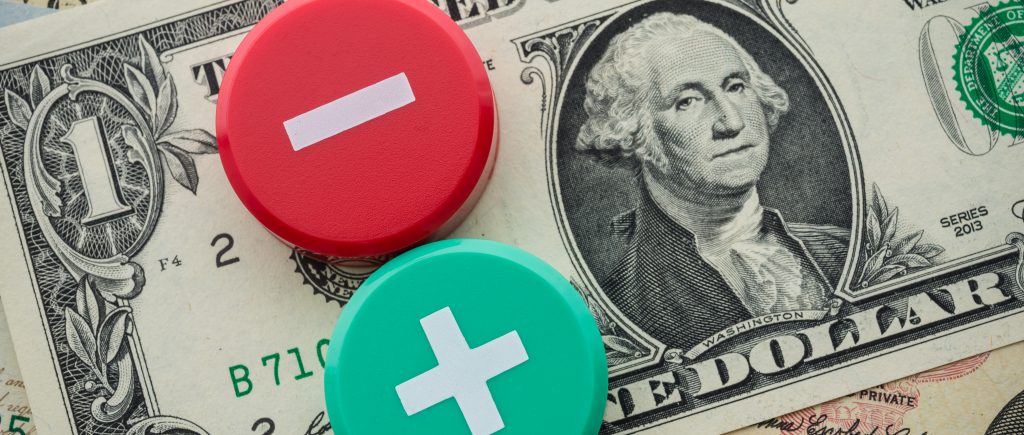The U.S. dollar fell on Monday, retracing some of its recent gains after the appointment of Scott Bessent as U.S. Treasury Secretary appeared to ease concerns in bond markets. Meanwhile, the euro and British pound recovered from recent lows, driven by shifting expectations around monetary policy in Europe and the U.K.
Dollar Retreats Amid Treasury Secretary Nomination
The Dollar Index, which measures the greenback against six major currencies, dipped 0.6% to 106.892 by 05:05 ET (10:05 GMT), pulling back from a two-year high reached on Friday.
- Impact of Scott Bessent’s Nomination: Bessent, who supports a strong dollar and tariff policies, has reassured bond markets, leading to a decline in Treasury yields. This temporarily eased upward pressure on the dollar.
- Focus on Inflation Data: The upcoming release of the Personal Consumption Expenditures (PCE) Price Index, the Federal Reserve’s preferred inflation gauge, could influence market sentiment. Analysts expect a 0.3% month-on-month increase, which may reinforce uncertainty over whether the Fed will cut rates in December.
Euro Rebounds from Two-Year Low
The euro rose 0.6% to 1.0476, recovering from Friday’s two-year low of 1.0332.
- Economic Weakness in Focus: Last week’s weak European manufacturing data heightened expectations for more aggressive easing from the European Central Bank (ECB). Investors now see a 50% chance of a 50-basis-point rate cut in December, reflecting rising concerns about growth and recession risks.
Pound Recovers Amid Mixed BoE Signals
The British pound gained 0.4% to 1.2576, rebounding from a six-week low following disappointing U.K. retail sales data.
- Bank of England Stance: Despite market expectations of potential rate cuts, BoE Deputy Governor Clare Lombardelli expressed concerns about inflation risks, suggesting that policymakers remain cautious about further easing.
Outlook
The U.S. dollar remains under pressure from changing bond market dynamics and expectations for future Fed rate decisions. In Europe, the outlook for the euro and pound will hinge on upcoming economic data and central bank decisions, as markets weigh the balance between inflation risks and the need for growth-supportive policies.
 Noor Trends News, Technical Analysis, Educational Tools and Recommendations
Noor Trends News, Technical Analysis, Educational Tools and Recommendations





